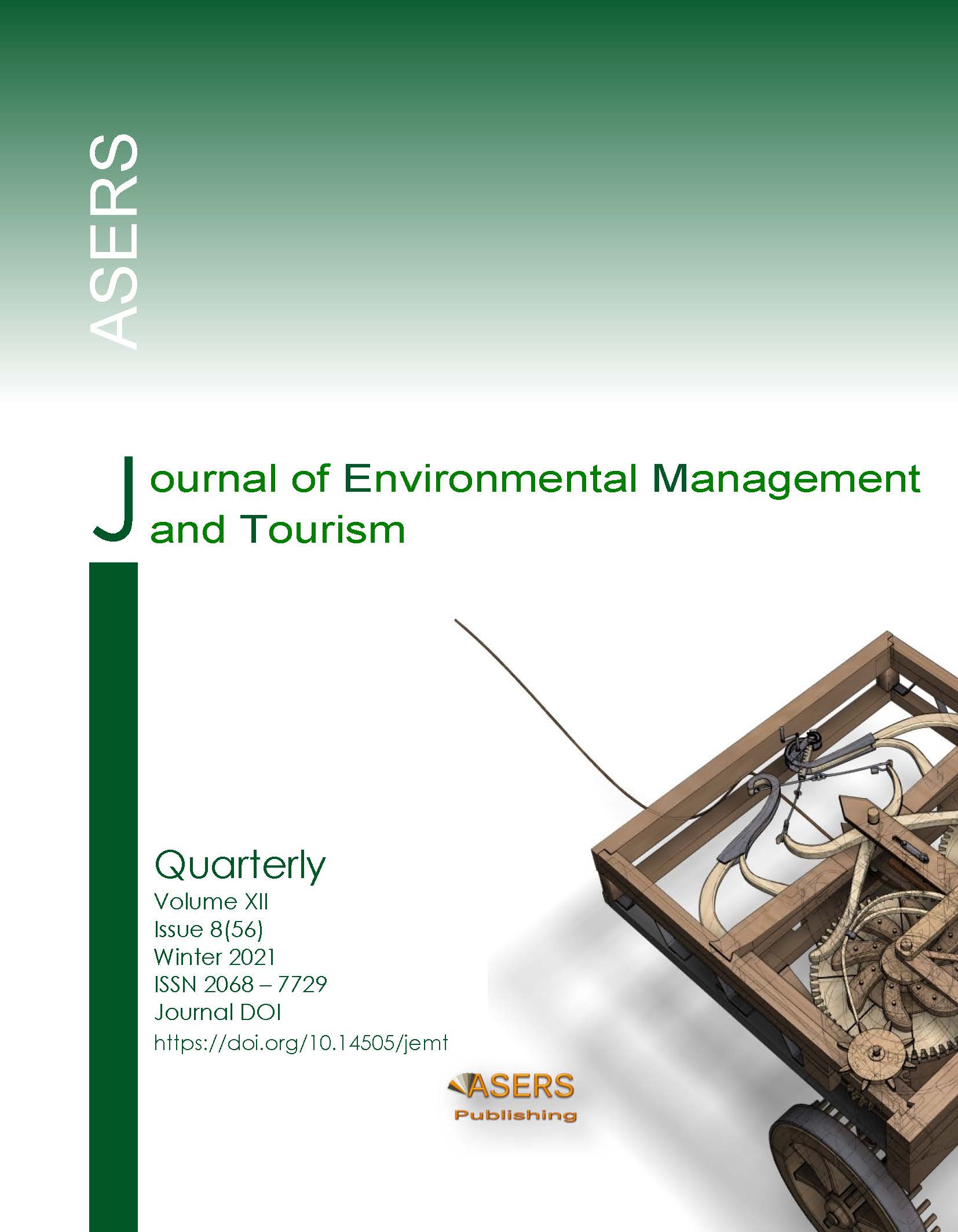Tourist Behavioral Intentions during the COVID-19 Pandemic. The Role of Reactance, Perceived Risk and Protection Motivation
Tourist Behavioral Intentions during the COVID-19 Pandemic. The Role of Reactance, Perceived Risk and Protection Motivation
Author(s): Robert Bęben, Sylwia Kuczamer-Kłopotowska, Anna Młynkowiak-Stawarz, Izabela PółbratSubject(s): Business Economy / Management, Health and medicine and law, Tourism
Published by: ASERS Publishing
Keywords: behavioral intention(s); COVID-19 restrictions; reactance; perceived risk; protection motivation;
Summary/Abstract: The pandemic caused a number of changes in tourism, which require proper adjustment measures. Hence, learning about the mechanisms that motivate people to go on tourist trips during the epidemiological threat and identification of factors hindering the tendency to travel is of vital importance for determining the directions of such measures. The purpose of the paper is to present the results of studies illustrating the impact of perception of risk related to the infection with SARS-CoV-2 virus, reactance caused by epidemiological restrictions and health protection motivation with respect to tourist trips during the pandemic, as well as determination of force of impact of factors moderating the relationships above, i.e. immunization against SARS-CoV-2 or recovery from COVID-19, gender, age or education. Given the fact that the issue of changes in human behavior in the context of the pandemic is nowadays a vital element of the scientific discourse, the paper also features numerous references to the most recent publications dealing with the impact of the pandemic on the behavioral intention, reactions of people to epidemiological restrictions or health protection behavior in the period of epidemiological threat. The constructed model of dependency between the behavioral intention to go on a tourist trip and the factors that were studied was verified with the use of results of an empirical survey carried out in June 2015 on a sample of 1,615 persons. The paper also presents several implementation postulates that may offer guidelines for persons running tourist businesses and offer inspiration for further actions.
Journal: Journal of Environmental Management and Tourism (JEMT)
- Issue Year: XII/2021
- Issue No: 8(56)
- Page Range: 2129-2147
- Page Count: 19
- Language: English
- Content File-PDF

